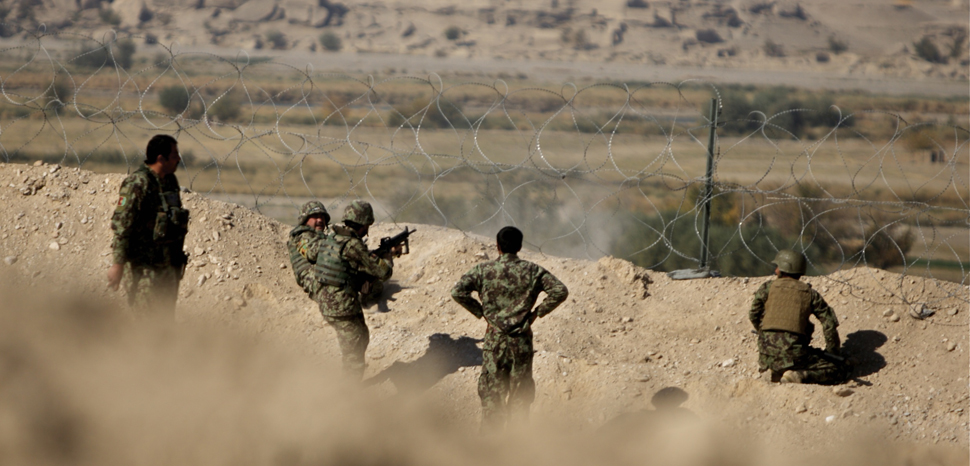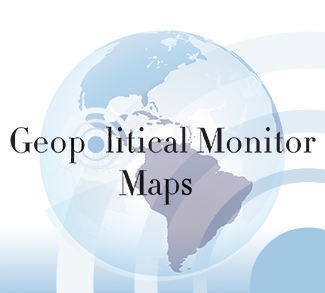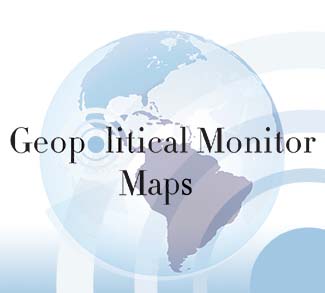Summary
Many believed that a Taliban takeover of Afghanistan was only a matter of time, but few thought it would happen this quickly following a US pullout. Here is a rundown of what a Taliban-controlled Afghanistan means for US foreign policy and the geopolitics of a highly strategic region:
Impact
Recognition: the million-dollar question
As yet no one knows the level of diplomatic recognition that will be extended to the Taliban regime, and this is a variable that carries significant geopolitical consequences. After two decades of war, it follows that the Taliban would prefer widespread recognition, as the alternative – relative isolation – leaves the regime dependent on regional players that are more liable to be pursuing their own agendas; i.e., Pakistan. Thus, there is some leverage here for NATO countries, namely the United States, which itself will be desperate to extract something resembling a win from its colossal investment into Afghanistan. Perhaps a globally recognized and ‘responsible’ Taliban regime would fit the bill. However, such an outcome remains unlikely given the human rights violations inherent to the Taliban’s style of governance, violations that will be all the more difficult for Western governments to ignore after leaning so heavily on a nation-building narrative to justify NATO’s long-term presence in the country.
The China factor could also have Western governments considering recognition. It’s generally assumed that China will join with Iran and Russia to recognize the Taliban government once the dust settles in Kabul. Ongoing non-recognition by Western countries not only carries significant economic costs, but also allows gifts China a valuable foothold in a highly strategic region. Incidentally, recognition in order to deny China a clear geopolitical victory would be further evidence of a return to the zero sum dynamic of the Cold War era.




